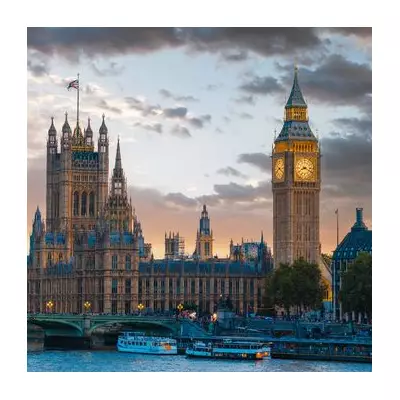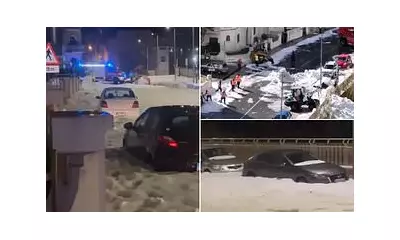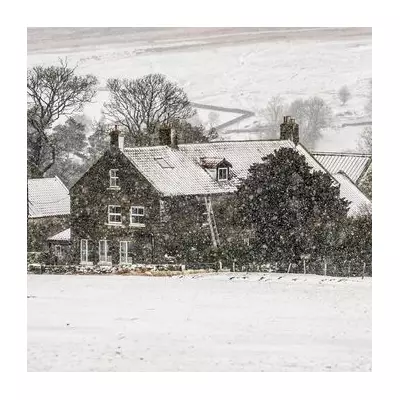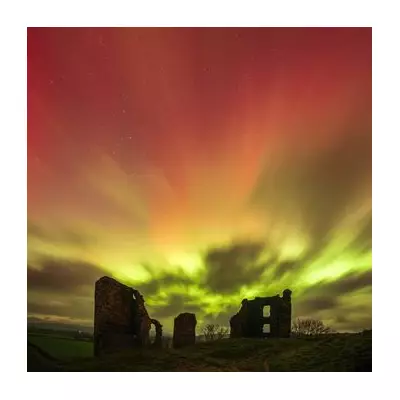
A devastating heatwave has turned Phoenix, Arizona into a lethal urban furnace, with official figures revealing a grim and escalating death toll. The city's morgues are operating beyond capacity, forcing the harrowing use of refrigerated trucks to store the deceased in a crisis that shows no sign of abating.
The Maricopa County Department of Public Health has reported a staggering number of heat-related fatalities, with hundreds of deaths under investigation. This year's figures are on a terrifying trajectory to surpass the previous year's record, painting a picture of a city in the grip of an unbearable climate-driven catastrophe.
A System Overwhelmed
Emergency services and hospitals are stretched to their absolute limits. 911 operators are fielding an unprecedented volume of distress calls, while medical professionals work tirelessly to treat a flood of patients suffering from severe heatstroke and dehydration. The sheer scale of the emergency has overwhelmed the city's infrastructure.
"We are quite literally out of space for the dead," a county official confessed, highlighting the severity of a situation that has escalated from a weather event into a full-blown public health disaster.
The Human Cost of Extreme Heat
The victims are often the most vulnerable: the elderly living without adequate cooling, the homeless population with nowhere to escape the blistering sun, and outdoor workers whose livelihoods force them into the dangerous heat. Each statistic represents a personal tragedy, a life lost to temperatures that have consistently soared above 110°F (43°C).
Local charities and community groups have become a critical lifeline, operating emergency cooling centres and distributing water. However, they report that their resources are being exhausted rapidly, struggling to meet the overwhelming demand.
A Glimpse into a Hotter Future?
Climate scientists are pointing to this crisis as a stark warning. Phoenix's ordeal offers a terrifying preview of the future many cities could face as global temperatures continue to rise. The phenomenon of the 'urban heat island' effect, where built-up areas trap and intensify heat, is exacerbating the problem, making cities like Phoenix several degrees hotter than surrounding rural areas.
This tragedy raises urgent questions about preparedness, urban planning, and the policies needed to protect citizens in an era of increasing climate volatility. The events in Phoenix serve as a sobering call to action for governments worldwide.





